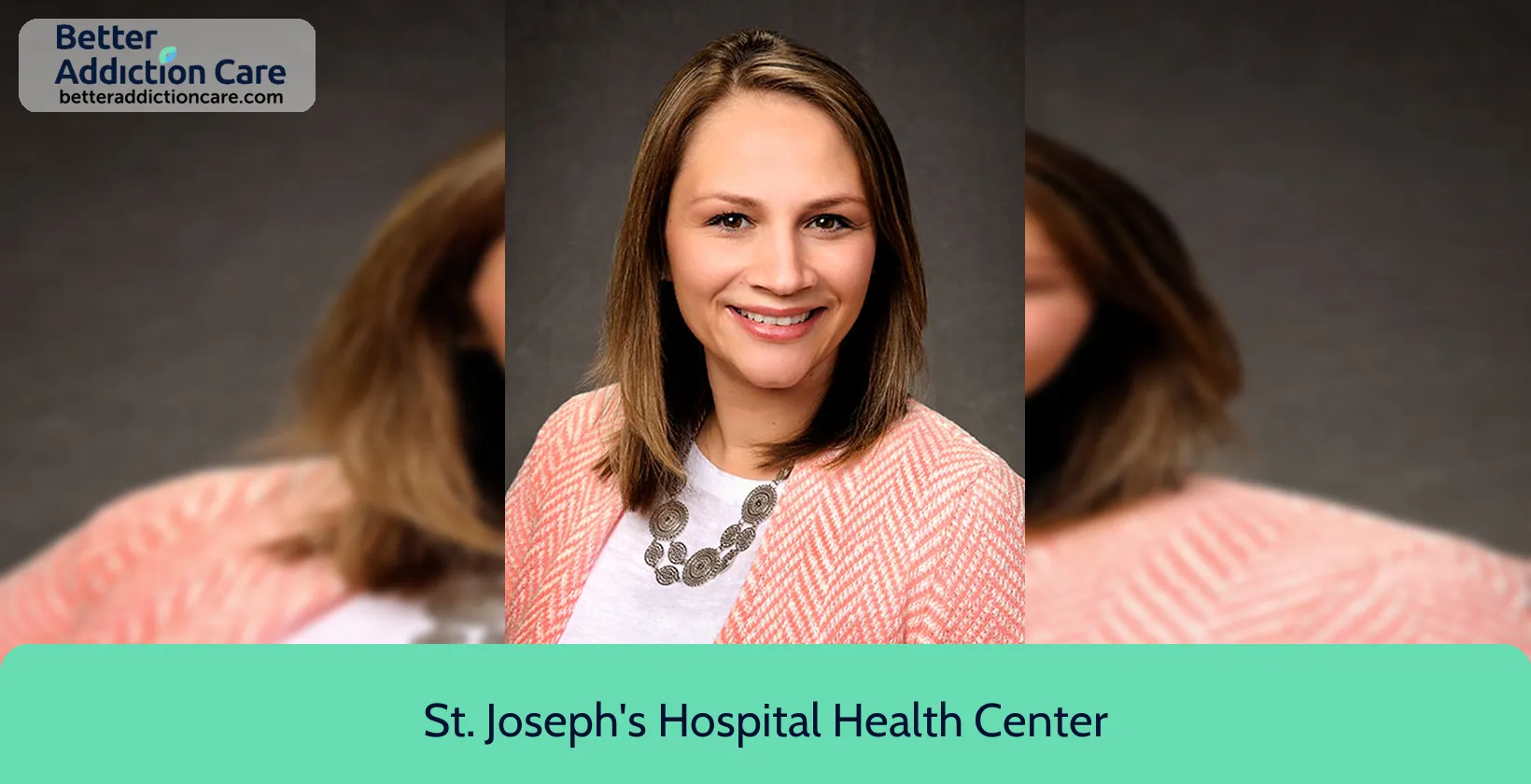Helio Health 168 Lincoln Avenue

Overview
Helio Health 168 Lincoln Avenue is a substance abuse treatment center for people seeking treatment near Onondaga County. As part of their treatment modalities for recovery, Helio Health 168 Lincoln Avenue provides cognitive behavioral therapy, substance use disorder counseling, and smoking/vaping/tobacco cessation counseling during treatment. Helio Health 168 Lincoln Avenue is located in Syracuse, New York, accepting cash or self-payment for treatment.
Helio Health 168 Lincoln Avenue at a Glance
Payment Options
- Cash or self-payment
- Medicaid
- Private health insurance
- Monthly
Assessments
- Screening for tobacco use
- Comprehensive substance use assessment
- Screening for mental disorders
- Screening for substance use
Age Groups
- Young adults
- Adults
Ancillary Services
- Case management service
- Social skills development
Highlights About Helio Health 168 Lincoln Avenue
7.11/10
With an overall rating of 7.11/10, this facility has following balanced range of services. Alcohol Rehabilitation: 8.00/10, Drug Rehab and Detox: 7.23/10, Insurance and Payments: 6.00/10, Treatment Options: 7.21/10.-
Alcohol Rehabilitation 8.00
-
Drug Rehab and Detox 7.23
-
Treatment Options 7.21
-
Insurance and Payments 6.00
Treatment At Helio Health 168 Lincoln Avenue
Treatment Conditions
- Alcoholism
- Substance use treatment
Care Levels
- Hospital inpatient treatment
- Long-term residential
- Aftercare
- Halfway house
Treatment Modalities
- Cognitive behavioral therapy
- Substance use disorder counseling
- Smoking/vaping/tobacco cessation counseling
- Group counseling
- 12-step facilitation
Ancillary Services
Additional Services
- Pharmacotherapies administered during treatment
- Mentoring/peer support
- Breathalyzer or blood alcohol testing
Get Help Now
Common Questions About Helio Health 168 Lincoln Avenue
Contact Information
Other Facilities in Syracuse

7.40

6.68

6.74

7.34

6.85

7.18

6.76

6.71
DISCLAIMER: The facility name, logo and brand are the property and registered trademarks of St. Joseph's Hospital Health Center - Outpatient Behavioral Health, and are being used for identification and informational purposes only. Use of these names, logos and brands shall not imply endorsement. BetterAddictionCare.com is not affiliated with or sponsored by St. Joseph's Hospital Health Center - Outpatient Behavioral Health.
